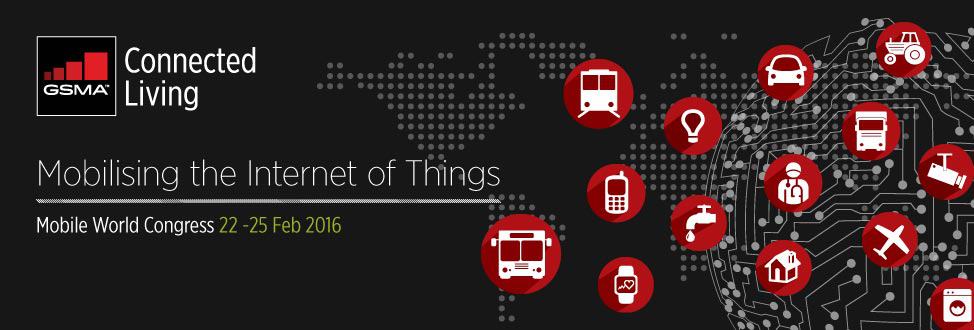 New major automotive and wireless companies now support the GSMA Embedded SIM Specification to help accelerate the growth of the connected car market, the GSMA announced.
New major automotive and wireless companies now support the GSMA Embedded SIM Specification to help accelerate the growth of the connected car market, the GSMA announced.
The specification has been backed by General Motors, Jaguar Land Rover, Renault Nissan, Scania and Volvo Cars, and will enable automakers to remotely provision connectivity over the air to vehicles with an operator of their choice. In the United States, AT&T’s Single SIM solution made it the first operator in the world to announce the use of a global SIM designed according to the GSMA Embedded SIM specification.
It will help to deliver a range of in-vehicle services such as infotainment, real-time navigation, insurance and breakdown services, as well as telematics and remote diagnostics. The use of the specification will also help to quickly connect vehicles with local operators, regardless of where the cars are manufactured.
“The GSMA Embedded SIM Specification allows Jaguar Land Rover to reduce manufacturing complexity, adapt to changing regulatory frameworks and work with the best mobile operators, on a country-specific or regional basis, improving the customer offering to deliver the next generation of connected services over the lifetime of our vehicles,” commented Mike Bell, Global Connected Car Director, Jaguar Land Rover.
Supporting the GSMA Embedded SIM Specification will help sustain our innovations by enforcing a reliable and stabilized solution and enable us to offer more flexible and agile solutions. We will be able to offer our customers ease of use and a high quality of service which are Renault – Nissan’s main objectives,” commented Alexandre Corjon, Renault-Nissan Alliance Global VP, Electrics Electronics & Systems Engineering.
To date, 22 mobile operators worldwide have commercially launched solutions based on the GSMA Embedded SIM Specification. New operators to launch commercial solutions include AIS, América Móvil, KPN, MTN, Rogers Wireless, Swisscom, Taiwan Mobile, Telenor, TIM as well as members of the Bridge Alliance and the Global M2M Association.
The adoption of an interoperable specification will reduce fragmentation and help the industry to take advantage of the Internet of Things.
Bell Canada, Deutsche Telekom, Etisalat, Indosat, NTT DOCOMO, Orange, Tele2, Telefónica Brasil, Telefónica Group, TeliaSonera and Vodafone have already made commercial solutions available to the market.
GSMA Intelligence research highlights that 76 per cent of global M2M connections are now serviced by mobile operators that are deploying or are committed to the GSMA solution, underscoring the momentum behind the specification.
The GSMA’s Connected Living Programme will showcase the GSMA Embedded SIM Specification at Mobile World Congress 22-25 February in Barcelona.